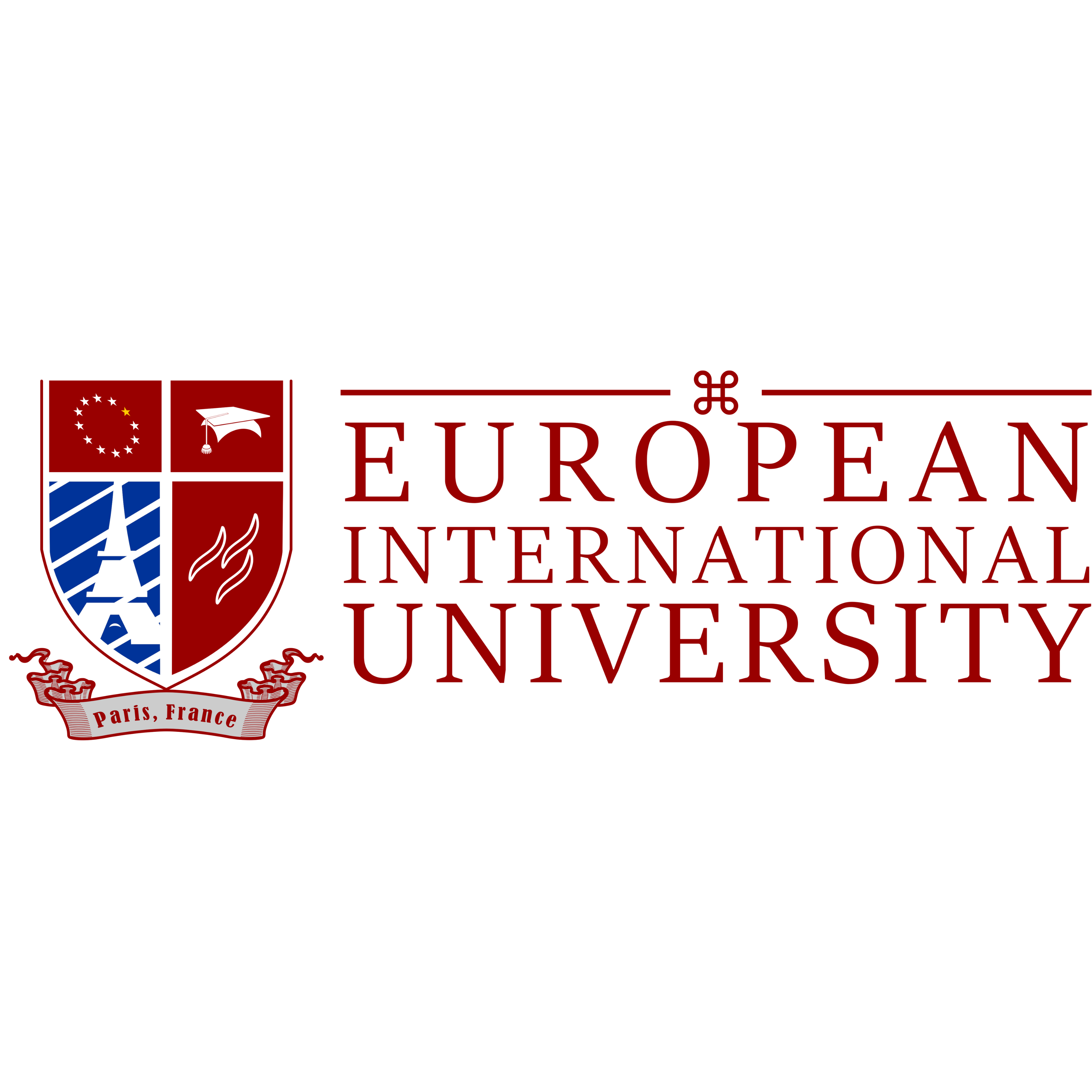
The Doctorate in Accounting is a prestigious and research-intensive program tailored for experienced professionals, academics, and financial experts who aspire to deepen their knowledge and contribute to the advancement of accounting theory and practice. This doctoral program emphasizes rigorous academic research, analytical thinking, and the development of new frameworks to address contemporary challenges in accounting.
Students engage in in-depth research on topics such as financial and managerial accounting, auditing standards, corporate governance, taxation policies, forensic accounting, and sustainability reporting. Under the guidance of expert faculty and research supervisors, candidates are expected to produce a high-quality dissertation that adds original knowledge to the field and has practical relevance in global accounting environments.
The program is designed to equip scholars with the skills needed for academic publishing, conference presentations, and policy advisory roles. Graduates are prepared for careers in universities, regulatory bodies, think tanks, and high-level consulting firms where advanced financial insights are essential. The doctorate also supports those aiming for executive positions that require expertise in accounting regulations, compliance, and strategic financial oversight.
With its combination of academic depth and practical application, the Doctorate in Accounting is ideal for those who want to influence policy, educate future professionals, and shape the evolving landscape of global finance and accounting standards.